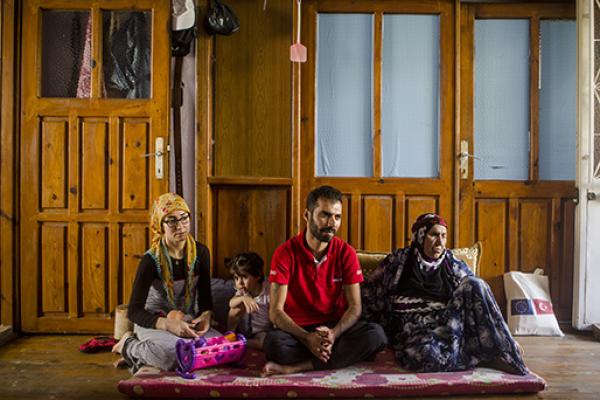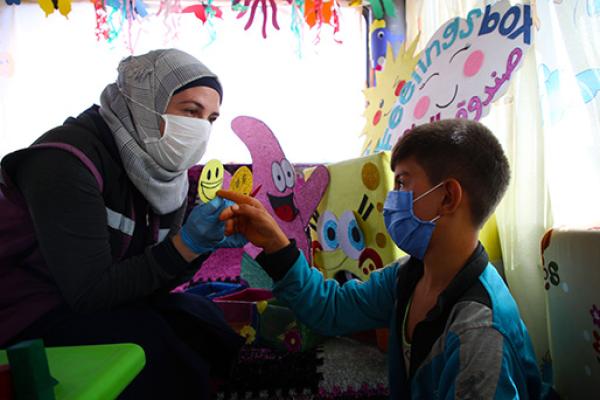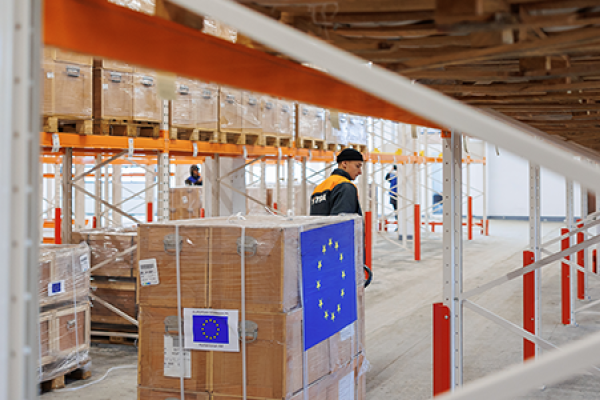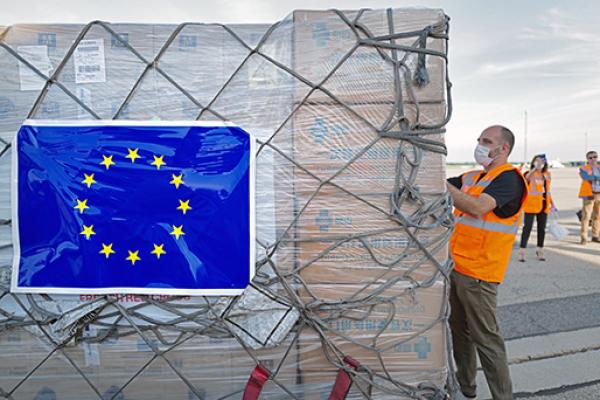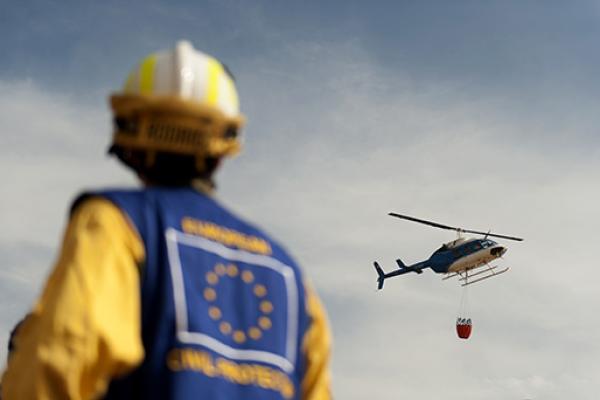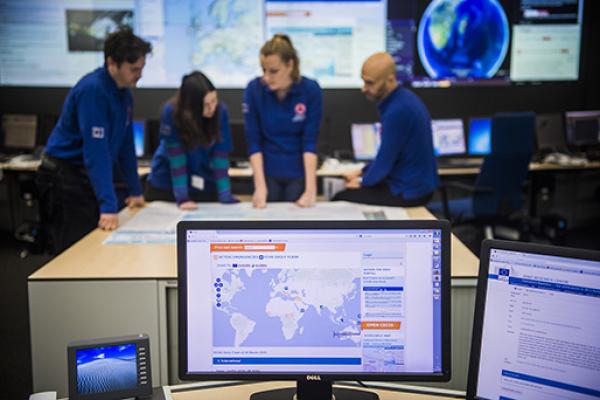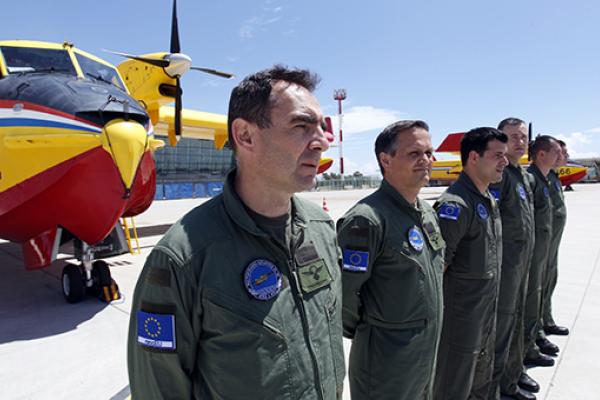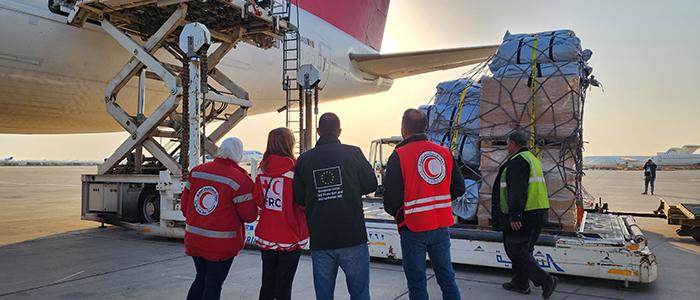
In the aftermath of one of the strongest earthquakes in the history of the region, a large number of people have lost their homes and livelihoods, who are therefore in need of emergency assistance.
Syria
Today, as part of an EU humanitarian air bridge for Syria, 2 planes with emergency aid landed in Damascus, to provide further support for the Syrian people impacted by the earthquake. The planes delivered much-needed relief items such as winterised tents, shelter equipment and heaters.
These are the first such flights landing in Damascus. They are part of a series of flights transporting assistance from the EU's own humanitarian stockpiles in Brindisi and Dubai to the Syrian people in both government controlled and non-government controlled areas, via the mobilisation of the European Humanitarian Response Capacity.
Overall, the EU humanitarian air bridge for Syria will deliver 420 tonnes of assistance, including 225 tonnes from the EU's own humanitarian stockpiles worth €1.1 million.
In addition, 15 European countries (Austria, Bulgaria, Cyprus, Germany, Greece, Finland, France, Italy, Latvia, Norway, Poland, Romania, Sweden, Slovakia and Slovenia) have offered in-kind assistance to Syria in response to the activation of EU Civil Protection Mechanism on 8 February.
The donations include tents, beds, blankets, heaters, hygiene parcels, generators, food, medical supplies, and more. The aid is being delivered to the people most in need – both in government-controlled and non-government controlled areas in Northwest Syria.
An EU civil protection team is in Beirut coordinating the delivery of the assistance to Syria, and EU humanitarian experts are also present in Syria working with partners to ensure the aid reaches the most vulnerable.
So far, the EU has responded to the earthquake with €10 million of humanitarian assistance, including €3.9 million in new funds and more than €6 million repurposed through ongoing humanitarian projects.
EU humanitarian aid has been operating in Syria for the past 12 years and has helped to deliver aid on all sides based on the humanitarian principles of impartiality and neutrality.
Türkiye
More than 1,650 rescuers and 110 search dogs were deployed via the EU Civil Protection Mechanism to support the search and rescue operations in Türkiye.
While the rescue teams have de-mobilised, 5 medical teams from Albania, Belgium, France, Italy, and Spain are still operating on the ground and have treated more than 4,000 people so far. 20 EU Member States have also offered shelter items, medical equipment, food and clothes via the Mechanism.
The EU has, thus far, allocated around €5.7 million for humanitarian assistance to help people affected by the earthquake in Türkiye. From the onset of the earthquake, our humanitarian partners are providing the victims with food assistance, healthcare, access to water and sanitation services, cash assistance, and shelter.
Furthermore, the European Commission and the Swedish Presidency of the Council of the EU are going to host a Donors' Conference, in coordination with the Turkish authorities, in March in Brussels. The goal is to mobilise funds from the international community to support the people of Türkiye and Syria following this disaster.
Details
- Publication date
- 26 February 2023
- Author
- Directorate-General for European Civil Protection and Humanitarian Aid Operations (ECHO)

